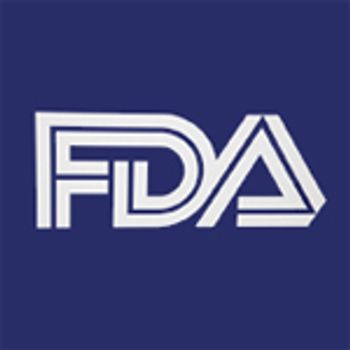
The FDA has approved the production and use of 11C choline, an agent used to detect recurrent prostate cancer during PET imaging.

Your AI-Trained Oncology Knowledge Connection!


The FDA has approved the production and use of 11C choline, an agent used to detect recurrent prostate cancer during PET imaging.

Researchers have linked recreational marijuana use to an increased risk of developing germ-cell tumors, a type of testicular cancer that often has a poor prognosis.

A new study found that aspirin use was associated with a reduced risk of prostate cancer mortality in patients previously treated with prostatectomy or radiotherapy.
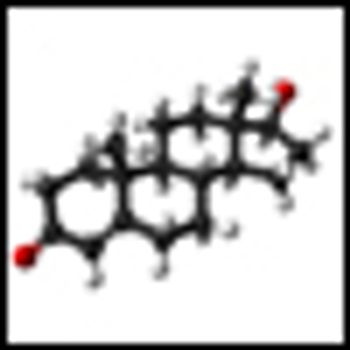
Intermittent androgen deprivation was shown to be as effective as continuous therapy in terms of overall survival for men with prostate cancer whose PSA levels were rising after initial or salvage radiotherapy.

The FDA approved enzalutamide, a once-daily oral therapy for men with metastatic castration-resistant prostate cancer that has either spread to other organs or recurred, despite prior surgical or medical treatment.
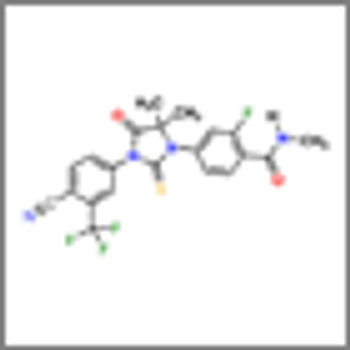
Results of the phase III AFFIRM trial shows that enzalutamide (MDV3100) significantly prolonged survival of men with metastatic castration-resistant prostate cancer after chemotherapy

We discuss the current controversies in prostate cancer-PSA screening and approaches to initial treatment for men diagnosed with the disease.

According to a study in the journal Cancer, without the use of PSA screening the number of men presenting with cases of metastatic prostate cancer would be three times greater than the actual number observed today.

Results from a trial of a new therapeutic vaccine for renal cell carcinoma demonstrate that those patients with a measurable immune response to the vaccine have a prolonged overall survival.

The results of the 12-year PIVOT trial shows men with early-stage prostate cancer who had a radical prostatectomy did no better than those actively monitored without surgery.

How should oncologists advise patients about the best surgical approach to use to treat their prostate cancer? Quite simply, it is the surgeon, not the approach. The self-fulfilling prophecy about surgery is that the best surgeons tend to do the most surgeries, so an easy metric is volume.

In summary, both RALP and ORP are excellent operations in experienced hands. They are also technically difficult to perform consistently well, so in my view, surgeons should attempt to master the operation they perform rather than hastily switching to robotic surgery, unless they have an opportunity for significant mentorship and surgical volume.

We fervently hope that all surgeons will participate in a comparative outcomes project for the purpose of quality improvement. However, today we will settle for one, we hope, skilled surgeon, open or robotic.

Over the last decade, robotic-assisted laparoscopic prostatectomy (RALP) has rapidly gained in popularity, primarily for three reasons: the enthusiasm of surgeons keen to try something new, medical marketing, and patients’ desire to avoid side effects from surgery.

There is no question that the robot has leveled the playing field. It has allowed more surgeons to offer patients a minimally invasive approach. In terms of perioperative outcomes, there is clear evidence showing shorter hospital stays, less blood loss, lower complication rates, and shorter convalescence with robotic-assisted laparoscopic prostatectomy.
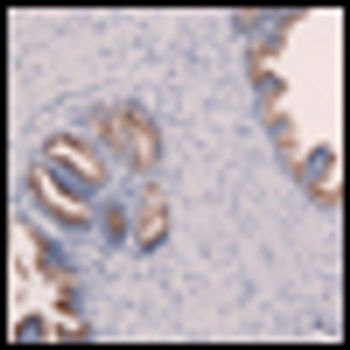
A new noninvasive blood test for prostate cancer detection won the approval of the FDA last month. The manufacturer believes the test will provide better detection and a decrease in costs.

This review by Aneja et al provides an excellent discussion of prostate external beam hypofractionated radiation therapy and its potential benefits and pitfalls.

In this issue of ONCOLOGY, Aneja and colleagues explore the beneficial aspects of the use of hypofractionated radiotherapy in the treatment of adenocarcinoma of the prostate.

In this issue of ONCOLOGY, Dutcher, Mourad, and Ennis provide a current review of some newer strategies in the surgical and systemic treatment options for localized and advanced renal cell carcinoma (RCC).

Drs. Dutcher, Mourad, and Ennis have provided an excellent review of current and potential future treatments of renal cell carcinoma (RCC); we would like to highlight some salient points from a urologic perspective.

Given that prostate cancer is the most common non-cutaneous cancer among men in the Western world, its treatment is of great medical and public significance.

In the current critical review we discuss these emerging trends in localized and systemic treatment as well as possible interesting combinations of the two modalities. Finally, we discuss the role of the new systemic agents in non–clear cell RCC.

Researchers reported results of an international phase III trial showing that intermittent hormonal therapy is less effective than continuous therapy in prostate cancer with minimal disease.
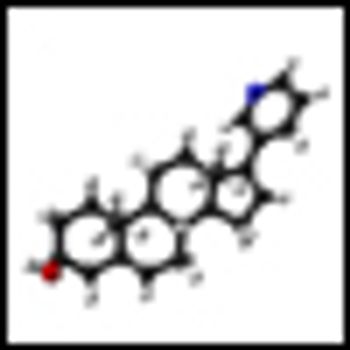
Results from a randomized phase II study show that 6 months of treatment with abiraterone (Zytiga), in addition to the hormone therapy leuprolide before prostatectomy, resulted in complete response and near-complete response in one-third of men with high-risk prostate cancer.
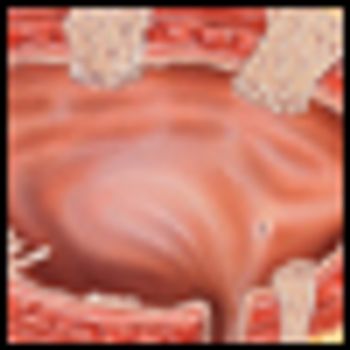
In a multicenter phase III trial of 360 patients with muscle-invasive bladder cancer, synchronous chemoradiotherapy provided better locoregional control without significant added toxicity, investigators for the Bladder Cancer 2001 trial have found.